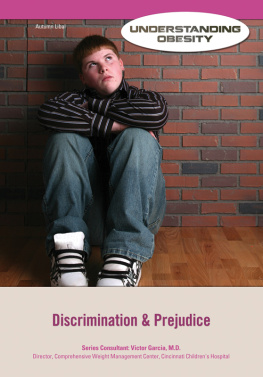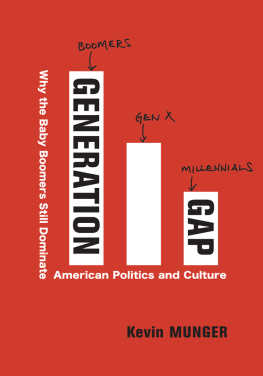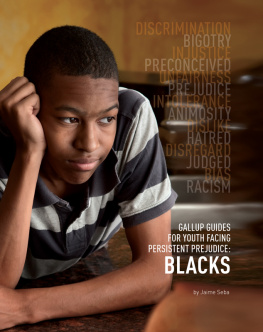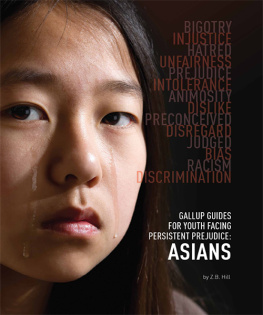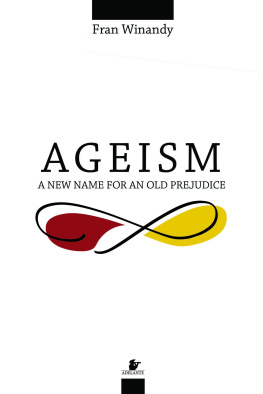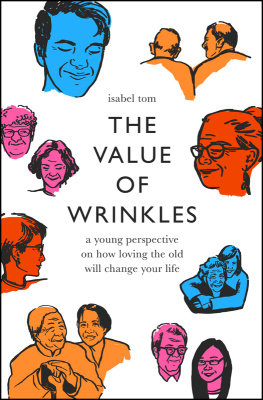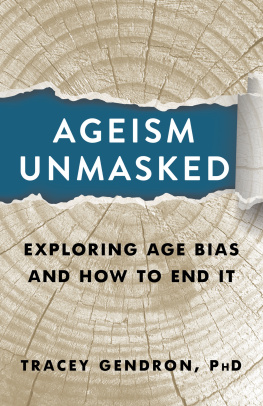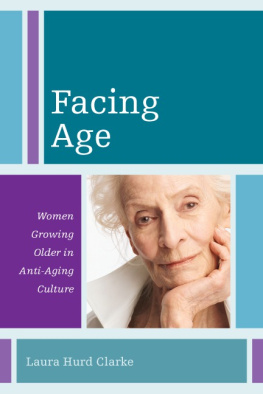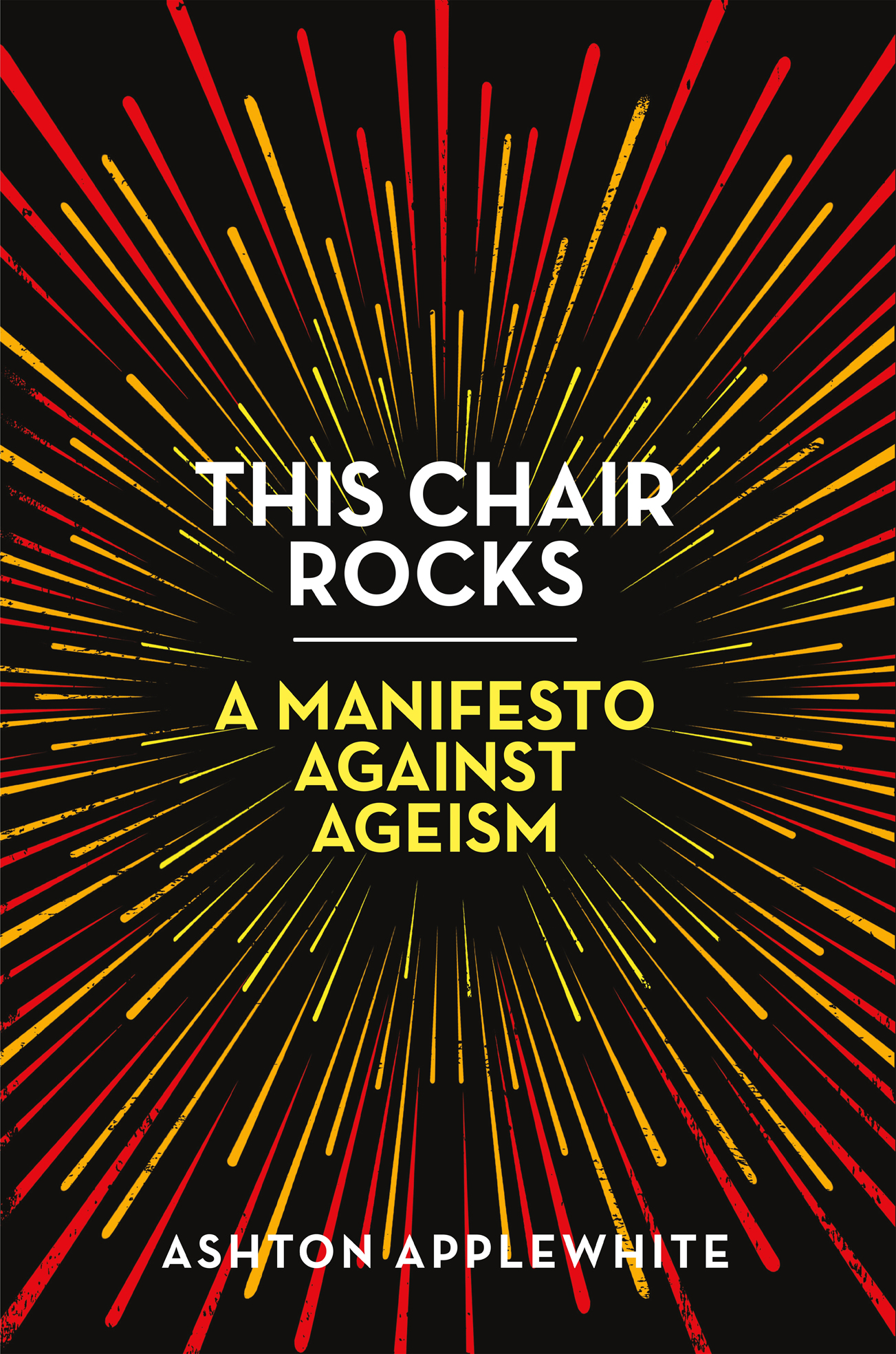The author and publisher have provided this e-book to you for your personal use only. You may not make this e-book publicly available in any way. Copyright infringement is against the law. If you believe the copy of this e-book you are reading infringes on the authors copyright, please notify the publisher at: us.macmillanusa.com/piracy.
We contain all the ages we have ever been.
Ive never lied about my ageI have no problem saying Im sixty-six loud and clearbut I sure know a lot of people who do. People whove lied on rsums and on airplanes and on dates. There was the opera singer who fudged upward at the beginning of her career so she could get cast as Norma, but was holding at thirty-nine. And the woman who loved passing off her granddaughters as her kids, and who was regularly connected to her banks fraud department because she couldnt remember what birth date she was using.
I would never have been able to keep my stories straight eitherone reason I told the truth. Another was because the typical response wasnt so terrible: You look great for your age! I inherited my mothers no-gray-hair genes, Ive always had plenty of energy and no plans to slow down, and I certainly never felt like any of the labels out theresenior, cougar, woman of a certain ageapplied to me. But if I was so cool with it, why didnt You look great for your age feel like a compliment? The fact was that the hazy prospect of growing old filled me with something between free-floating anxiety and stomach-churning dread. I didnt want to think about it until I had to, and when it crossed my mind, I flipped the channel. Why not, as long as I could pass for younger, right?
That wasnt a very solid strategy. Birthday cards circulated regularly around the charmless cubicles of the office at the American Museum of Natural History, where I worked with a guy named Ray for fifteen years. Ray and I didnt have much in common. He handled the accounts; I wrote. He lived in the suburbs; I didnt own a car. He was conservative; Im progressive. With his fringe of snow-white hair, if he had gained weight and worn red, he wouldve made a perfect Santa Claus. He was proud of being cantankerous and was always muttering about his aches and pains, and he couldnt wait to retire to Florida. So when I learned that Ray and I were exactly the same age, I panicked. I thought, What if everyone finds out? Theyll think Im old too.
That wasnt just condescending and mean-spirited of me; it was idiotic. My museum coworkers, Ray included, were an intelligent bunch. They didnt have any trouble telling the two of us apart, and difficulties were unlikely to crop up. Why, then, was I so flipped out about landing with Ray on the same side of some hypothetical old/young divide? Why did I imagine that this would erase our individuality, and diminish me so frighteningly? Was I driven by fear of losing my looks? Of growing frail? Of my own mortality? Wouldnt I be better off making my peace with the passage of time than waging a battle no one could ever win?
I wish I could report that I found the answers in one blinding epiphany. Instead, its been a gradual awakening over the past twelve years. There have been many glum days at the keyboard, and some sleepless nights dictating brilliant insights into my phone, most of which were a lot less brilliant in the morning light. I had the good fortune to be mentored by Dr. Robert Butler, coiner of the term ageism, before his death in 2010. I attended seminars for journalists who cover the age beat, inhaled countless books and articles, and started thinking out loud in blog form. I delved into a world of advertisements and movies, policies and bylaws, and products and promotions that had shaped my unconscious beliefs with one overarching message: old = no good. Or, as the Twitterverse might put it: It sucks to be old.
A chance dinner conversation in 2007 with my partners mother, Ruth Stein, got me started on this journey. In their eighties at the time, she and her husband, Bill, were booksellers, and that night she said, I think you should write about something people ask us all the time: So when are you going to retire? The idea was upbeat and sound bitefriendly. I started learning about longevity, interviewing people over eighty who work, and blogging about it.
I headed to Santa Fe, where I had family to stay with. My first interview was with eighty-eight-year-old folk artist Marcia Muth on the porch of her little adobe house, shaded by a tree festooned with shiny compact disks and surrounded by her hubcap collection. Muth had been raised in Fort Wayne, Indiana, by her grandparents, to whom she was a disappointment, because I liked classical music, I liked Shakespeare, I loved poetry. To them, work was having a store. She went on to become a law librarian, poet, publisher, and, in her fifties, a successful folk art painter and teacher. A newspaper clipping on the wall quoted Muths advice to her Elderhostel students: You are never too old, and its never too late.
Embarrassed by her lack of formal training, Muth painted in secret for ten years. When a local artist dropped by and caught her scurrying to hide her brushes, he offered her some advice: Dont take any lessons. Just keep going. She did, and it became a way of life that she was grateful to have found in her middle years. Chronic bronchitis had ended her teaching career a few years earlier and tethered her to an oxygen tank, but it doesnt interfere with the painting, thats the important thing, she said. Your life does change as you get older, she told me. You get into whats important and whats not. She and her partner went out less and moved more slowly, but her work continued to improve as she got better at listening to herself. Dont fear old age, she advised. Your years can be just as wonderful as you get rid of some of the anxiety people suffer from. And I find my eighties have been even more fun than my seventies were.
The possibility that life could become more fun in your eighties had never crossed my mind. Nor that growing a little shorter of breath each year would fail to terrify. Nor that an ever more circumscribed life could be an ever greater source of personal growth and specific pleasures. Nor that such joyful clarity would be rooted in awarenessnot denialthat time was short and therefore to be savored. After this first jolt of fresh old air, I kept going. From pediatricians to park rangers, Americans of advanced years and all stripes told me about their work behind steering wheels and desks and band saws and television cameras and how theyd gotten there.
It came as no surprise that they were as different from one another as could be, not to mention from the stereotype of the doddering ancient. But something did surprise me: the discrepancy between what Id simply assumed it was like to be eighty or ninety and what I was encountering firsthand. The more I read and the more experts I talked to, the clearer it became that these older workers were typical of a large and fast-growing cohort of older Americans. Why the disconnect between what I had imagined about old age and the reality that was coming into view? Had I bought into some kind of party line? What were some of my assumptions about what the future held?


